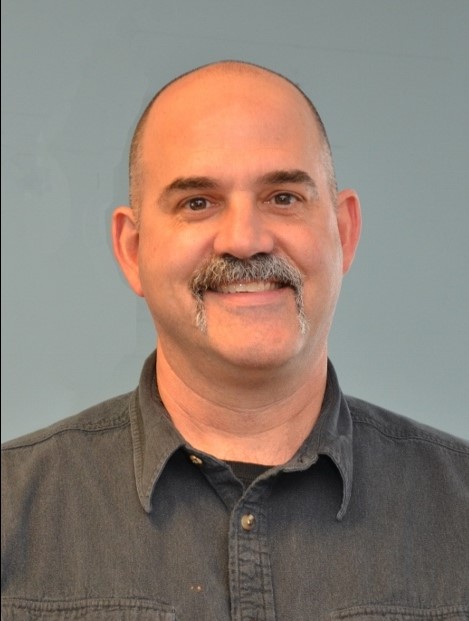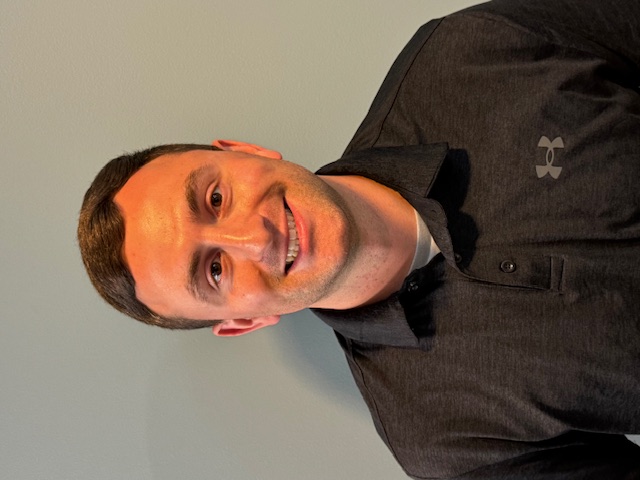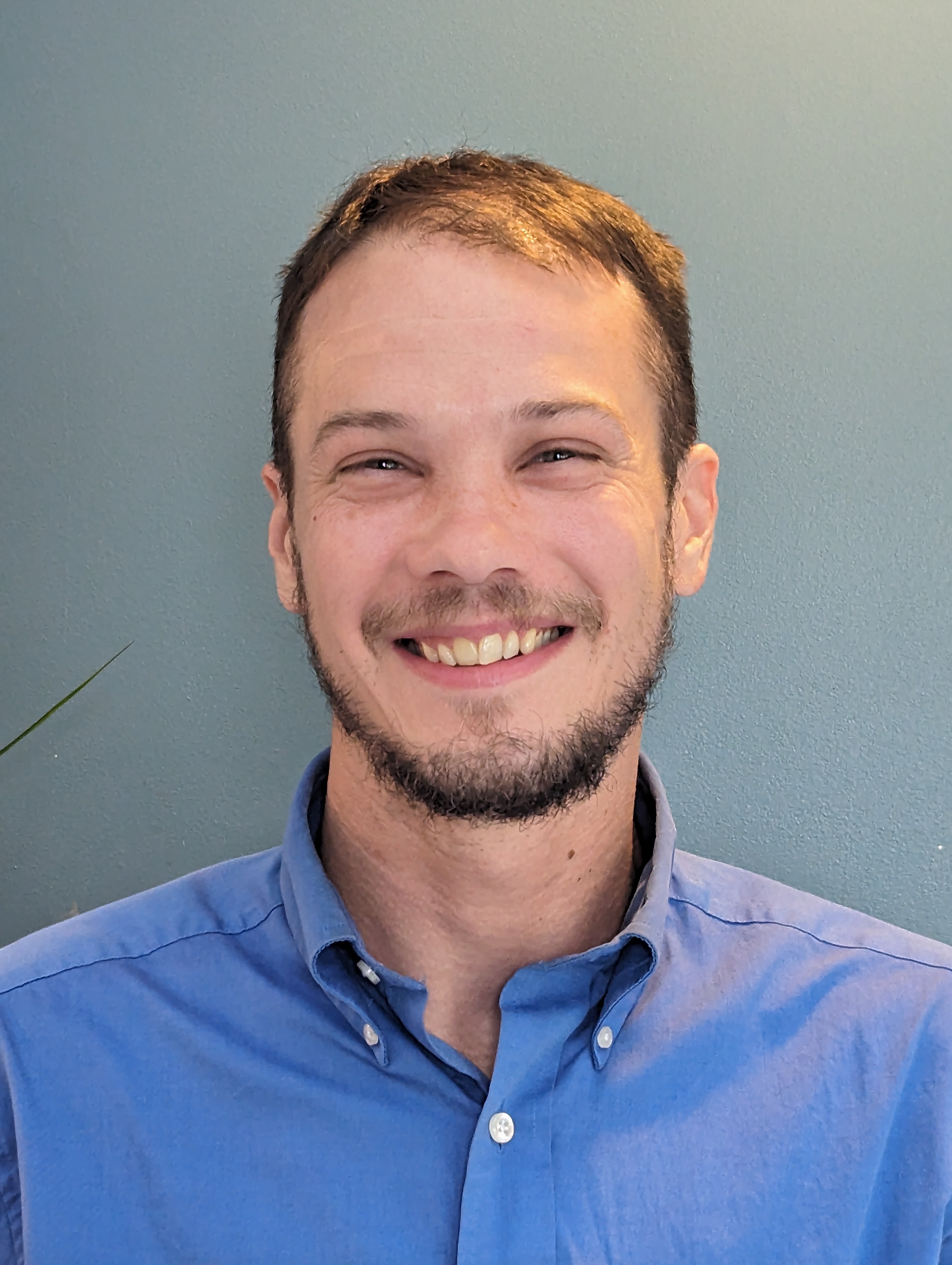Public Education & Outreach
Minimum Control Measure #1
Code Enforcement Quick Links
Floodplain Development Permit Application Guide
N.Y.S. Department of Buildings Standards and Codes
A Well-Informed and Educated Community is Central to the Success of a MS4 Program.
MCM 1 focuses on reaching out to and informing the public about our program and the public's specific role within the program.
Description
The Public Education and Outreach MCM consists of best management practices (BMPs) that focus on the development of educational materials designed to inform the public about the impacts that stormwater discharges have on local water bodies. The educational materials contain specific actions as to how the public, as individuals or collectively as a group, can participate in reducing pollutants and their impact on the environment. The Public Education and Outreach program and BMPs, in combination, are expected to reach all of the constituents within the MS4’s permitted boundary. The target pollutant sources are construction site runoff, impacts from new and re-development projects, illicit discharges and local/regional POCs.
- Identify Pollutants of Concern (POCs), waterbodies of concern, geographic areas of concern, target audiences.
Pollutants of concern: The primary Stormwater Management Program pollutant of concern is sediment and associated nutrient load. Sources of sediment/nutrients include agricultural activities, stream bank erosion, construction site runoff, and residential site runoff. Phosphorus is the leading pollutant of concern, as it has been traced to the development of ‘blue-green algae’ (cyanobacteria) concentrations within Canandaigua Lake.
Waterbodies of concern: Canandaigua Lake is the source of drinking water for approximately 70,000 people. There are several tributaries which feed into Canandaigua Lake, which are sources of agricultural activity associated nutrient rich runoff. The Town of Canandaigua partners with the Canandaigua Lake Watershed Council and the Canandaigua Lake Watershed Association to address the protection of these waterbodies.
Target Audience: The Town of Canandaigua will target contractors, agricultural operators, residents, municipal staff, school students, as well as various community organizations.
The Stormwater Management Officer, in conjunction with the Canandaigua Lake Watershed Council, Canandaigua Lake Watershed Association, and the Town of Canandaigua Environmental Conservation Board are responsible for the implementation of this MCM.
- Direct communication with building permit applicants as they apply for various projects. Stormwater Management Officers educate contractors in regards to erosion control practices during pre-construction meetings and site compliance inspections.
- Provide contractors and construction site operators with information on trainings available through local groups, DEC, and organizations.
- Presentations on topics such as improved site design, green infrastructure, and low impact design.
- All team members of this MCM provide brochures and handouts which are accessible to all members of the community. The team also continues to develop new brochures and newsletters to provide the public with up to date information.
- The Development Office provides applicants with information regarding their construction site runoff control requirements, along with their application package. (Erosion and Sediment Control Permit Application)
- Education Information is provided on the various team members Websites:
Town of Canandaigua Stormwater Management Program
Canandaigua Lake Watershed Council
Canandaigua Lake Watershed Association
Town of Canandaigua Environmental Conservation Board
- In response to complaints, the Stormwater Management Officer and other staff will inform the residents on how to properly manage and maintain their particular source of pollution/drainage.
- Storm Drain Markers. Municipal and local watershed groups utilize volunteer assistance to attach storm drain markers to storm drains. “No Dumping – Drains to Lake”
- Billboards – Kiosks. Local watershed group maintains kiosks at parks, providing targeted messages about stormwater pollution and illicit discharges.
- Trainings/Conferences. The Town of Canandaigua has a program to educate its employees whose responsibilities could potentially impact water quality (e.g., Highway, Parks and Recreation, Building Maintenance, SMO’s, inspectors, SWPPP reviewers) on a regular basis. This education includes illicit detection and elimination, post-construction practices, green infrastructure, pollution prevention, good housekeeping, and soil erosion and sediment control.
- Municipal Meetings. The SMO or other municipal staff present updates to their governing boards as needed.
OFFICE HOURS
Monday - Friday: 8:00am - 4:00pm
Mailing Address:
5440 Route 5 & 20 West
Canandaigua, NY 14424
(585) 394-1120
DEPARTMENT CONTACTS




